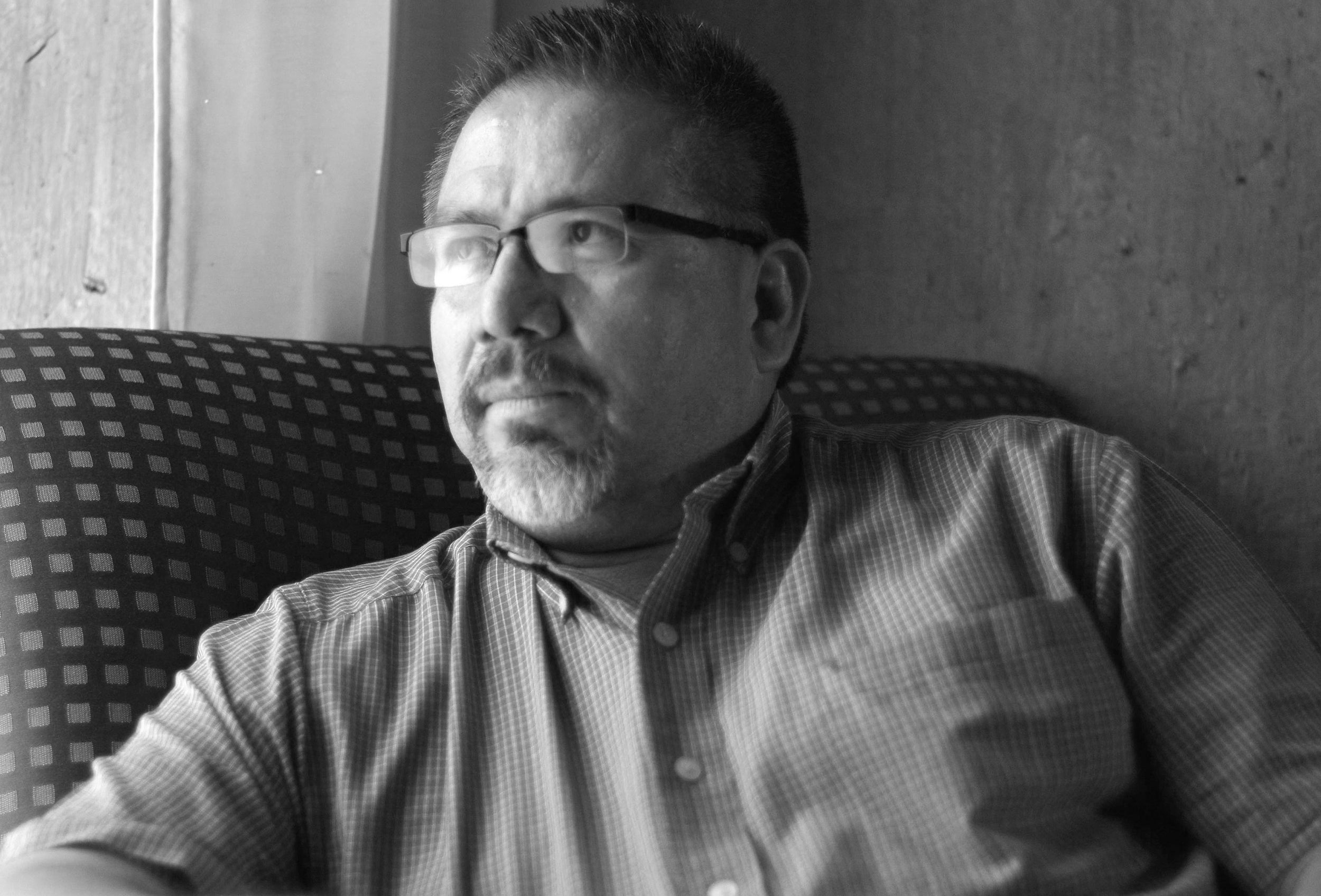Javier Valdez Cardenas, obituary: Crusading journalist who covered Mexican drug trade
The self-described ‘narco-journalist’ was gunned down for his work against Mexico's drug lords

Your support helps us to tell the story
From reproductive rights to climate change to Big Tech, The Independent is on the ground when the story is developing. Whether it's investigating the financials of Elon Musk's pro-Trump PAC or producing our latest documentary, 'The A Word', which shines a light on the American women fighting for reproductive rights, we know how important it is to parse out the facts from the messaging.
At such a critical moment in US history, we need reporters on the ground. Your donation allows us to keep sending journalists to speak to both sides of the story.
The Independent is trusted by Americans across the entire political spectrum. And unlike many other quality news outlets, we choose not to lock Americans out of our reporting and analysis with paywalls. We believe quality journalism should be available to everyone, paid for by those who can afford it.
Your support makes all the difference.Award-winning Mexican journalist Javier Valdez Cardenas knew his life was on the line every minute of every day as he wrote of the horrific crimes of his country's powerful and heavily-armed drug barons. Two gatilleros (hit men), presumed to have been hired by the drug lords, finally silenced him on Monday, riddling the 50-year-old with 12 bullets in broad daylight as he left his newspaper office in his hometown of Culiacán in the north-western state of Sinaloa.
They dragged him from his parked red Toyota Camry, shot him and left him dying in the street before escaping in his car along with his laptop, mobile phone and files. The car was later found, minus his possessions, its engine still running and police said the notorious Sinaloa cartel were the main suspects. The cartel's longtime leader Joaquín "el Chapo" (Shorty) Guzman is currently in solitary confinement in a New York City jail facing multiple trafficking charges after Mexico extradited him.
Images of Valdez's shoes protruding from a blanket in the street, his trademark Panama-style straw hat nearby among 12 police props marking spent bullet shells, shocked Mexicans, all the way up to President Enrique Pieño Nieto who tweeted his shock and condolences.
Valdez was the fourth journalist killed in Mexico over the past month and at least the 30th in the past five years, making Mexico one of the most dangerous countries in the world for journalists, along with Syria and Afghanistan, according to Reporters without Borders. He ran Ríodoce, a weekly newspaper he co-founded in 2003 to expose the drug kingpins and their corrupt collaborators, often local politicians or policemen. He also had a wider profile by covering the Mexican drugs wars for the influential Mexican left-of-centre daily La Jornada – Mexico's equivalent of the Guardian – as well as the French news agency Agence France Press (AFP).
He was also the go-to contact that foreign correspondents would seek out before daring to visit Sinaloa. A foreign reporter on his or her own, asking the wrong questions in the wrong places, was considerably lowering his or her life expectancy. Valdez Cardenas knew who was who on his turf – good or bad – which gave him a fighting chance of survival.
Interviewed in March after the killing of female Mexican journalist Miroslava Breach, also a La Jornada reporter, Valdez said: "Let them kill us all. If the sentence for covering this hell is death, so be it. Say 'No' to silence." He had survived an attack in 2009 when an unidentified group threw grenades into the offices of Ríodoce.
In 2011, he was given the International Press Freedom Award by the US-based Committee to Protect Journalists at a ceremony in New York City. He said in his acceptance speech that where he worked it was “dangerous to be alive, and to do journalism is to walk on an invisible line drawn by the bad guys – who are in drug trafficking and in the government – in a field strewn with explosives.” In another interview, he added: "I find myself constantly checking who is behind me, checking my rear view mirrors, and who parks next to me. It's an everyday feeling that can make you sick. I suffer from insomnia. I wake up at night and peek out to the street. I want to carry on living, I want to carry on breathing. To die would be to stop writing."
Javier Valdez Cardenas was born, brought up and died in Culiacán, a state known for its agriculture and commerce until, attracted by the new Pan-American Highway, drug smugglers began using it as a staging post between Colombian cocaine producers and the lucrative US market. Valdez was the author of 10 books on the drugs trade, organised crime and corruption, including Orphans of the Drugs Wars, Narco-journalism and Bad Grass, the latter published earlier this year. Details of his family survivors were not immediately known.
Javier Valdez Cardenas, born 14 April 1967, died 15 May 2017
Join our commenting forum
Join thought-provoking conversations, follow other Independent readers and see their replies
Comments